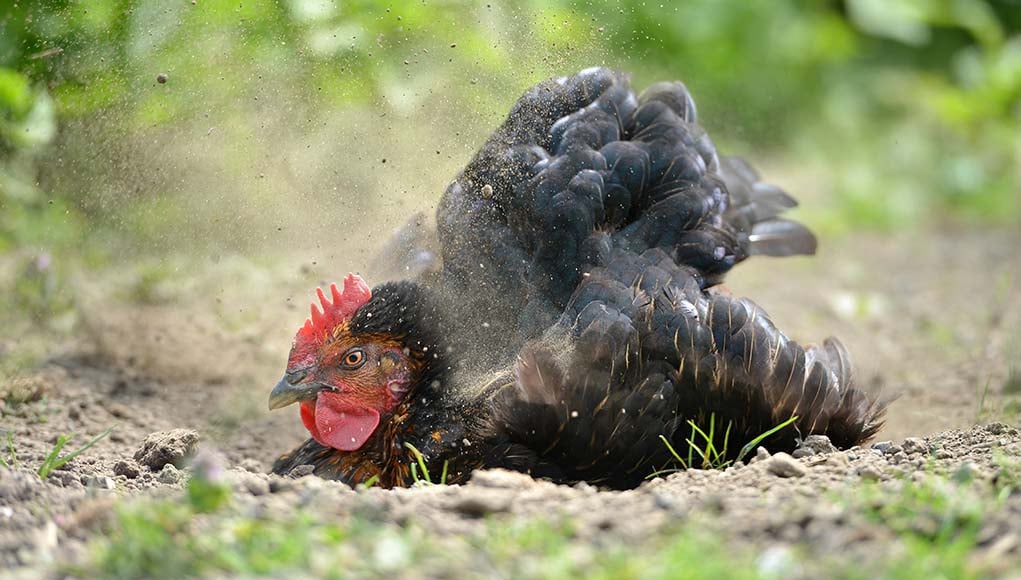Raising chickens can be a rewarding experience, but it also comes with its own set of challenges. One of the most common challenges is dealing with sick chickens. Knowing how to treat sick chickens naturally is crucial for any chicken owner who wants to maintain a healthy flock without resorting to antibiotics or other medications. In this article, we’ll explore various natural methods and remedies to help your chickens recover and thrive.

Understanding Common Chicken Illnesses
Before diving into natural treatments, it’s essential to understand some of the common illnesses that can affect chickens. Recognizing the symptoms early can make a significant difference in the effectiveness of natural treatments.
Respiratory Illnesses
Respiratory illnesses in chickens can be caused by bacteria, viruses, or environmental factors. Symptoms include sneezing, coughing, nasal discharge, and difficulty breathing.
Digestive Issues
Digestive problems can arise from poor diet, parasites, or infections. Look for symptoms like diarrhea, loss of appetite, and lethargy.
Parasitic Infestations
Parasites such as mites, lice, and worms are common in chickens. Infested chickens may exhibit symptoms such as feather loss, weight loss, and decreased egg production.
Natural Remedies for Treating Sick Chickens
Once you’ve identified the illness affecting your chickens, you can begin implementing natural remedies. Here are some effective methods:
Herbal Treatments
Herbs like oregano, thyme, and garlic have natural antibacterial properties. Adding these to your chickens’ diet can boost their immune system and help fight infections.
For more information on herbal treatments, visit natural wormers for chickens.
Probiotics
Probiotics can help restore the natural balance of gut bacteria in your chickens. You can add probiotic supplements to their water or feed.
Apple Cider Vinegar
Apple cider vinegar is a popular remedy for promoting digestive health and boosting the immune system. Add a small amount to your chickens’ water to help them recover.
Setting Up a Healthy Environment
In addition to natural remedies, creating a healthy environment is crucial for preventing and treating illnesses in chickens.
Proper Coop Ventilation
Ensure your chicken coop has adequate ventilation to prevent the buildup of ammonia and other harmful gases.
Clean Bedding
Regularly clean and replace bedding to reduce the risk of infection and parasite infestations.
Access to Fresh Water and Nutrients
Always provide fresh water and a balanced diet to support your chickens’ health and recovery.
For more tips on setting up a suitable chicken environment, check out nesting box location tips.
Prevention is Better than Cure
While knowing how to treat sick chickens naturally is essential, prevention is always the best approach. Regular health checks and maintaining a clean environment can go a long way in keeping your flock healthy.
Regular Health Checks
Perform regular health checks to spot any signs of illness early. Look for changes in behavior, appearance, or egg production.
Quarantine New Birds
Always quarantine new birds before introducing them to your flock to prevent the spread of disease.
Learn more about integrating new chickens in your flock by visiting nesting vs roosting explained.
Vaccinations
Consider vaccinating your chickens against common diseases to provide them with an added layer of protection.

Frequently Asked Questions
What are the signs of a sick chicken?
Common signs include lethargy, loss of appetite, coughing, sneezing, diarrhea, and changes in egg production.
Can I use essential oils to treat my chickens?
Some essential oils like oregano and tea tree can be beneficial when used properly. However, always consult with a veterinarian before using them.
How often should I clean my chicken coop?
Regular cleaning is essential. Aim to clean the coop thoroughly at least once a week and replace bedding as needed.
For more detailed guidance on chicken care, visit protect your chicks naturally.
By following these natural remedies and preventive measures, you can ensure your chickens remain healthy and happy. Remember, a proactive approach is always the best way to keep your flock thriving.
This article contains affiliate links. We may earn a commission at no extra cost to you.










